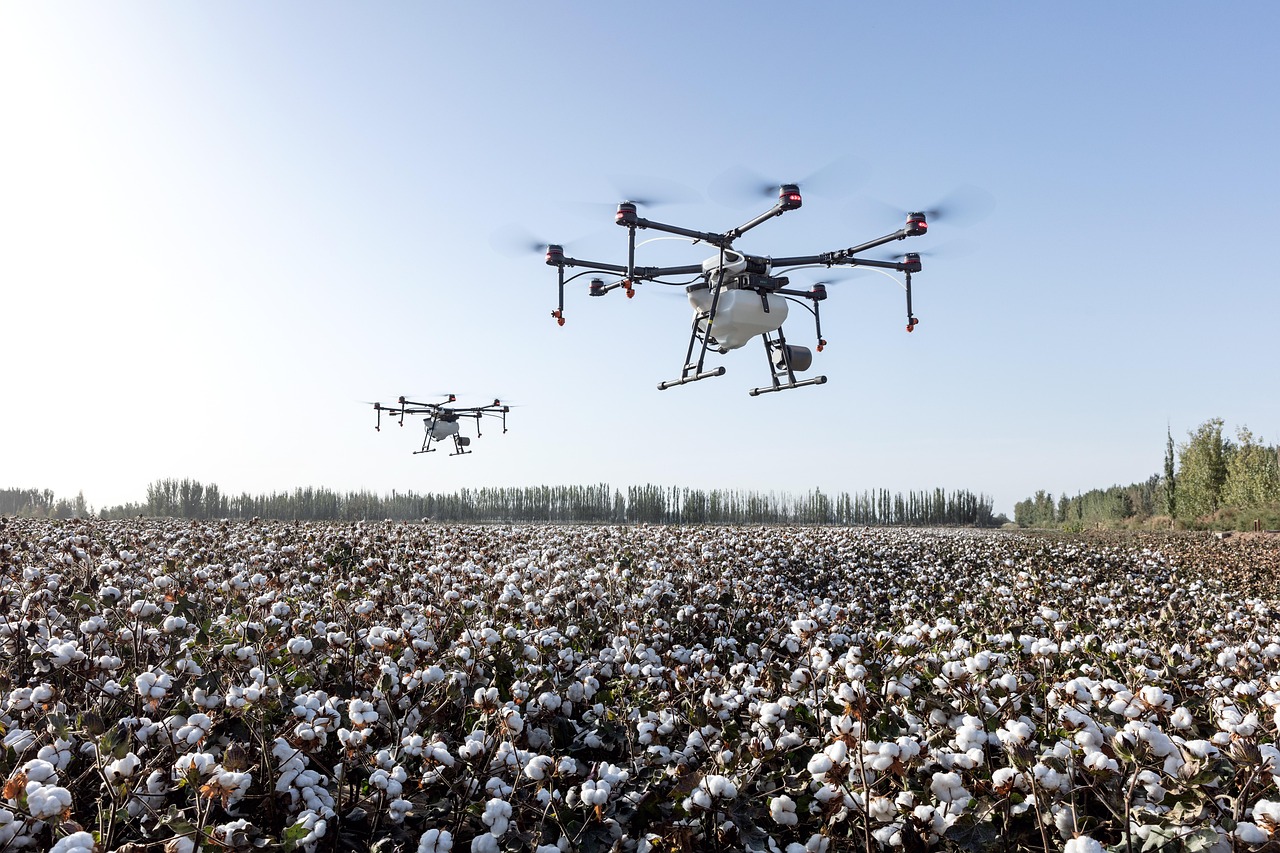China’s advancements in Artificial Intelligence (AI) have garnered global attention, with reports revealing a significant militarization of AI capabilities. The narrative often portrays China’s AI development as primarily for defensive purposes, emphasizing the integration of AI into military applications as part of modernizing national defense strategies.

However, beneath the surface of official declarations lies a more intricate reality. China’s investment of $15 billion in military AI in a single year and the production of up to one million kamikaze drones signal a shift towards a new era of warfare. These drones, capable of real-time communication, coordinated attacks, and autonomous decision-making, represent a formidable force reshaping the battlefield.
China’s strategic deployment of AI extends beyond drones, encompassing autonomous underwater vehicles for reconnaissance and humanoid robots for urban combat readiness. The unveiling of the Fangwang-1 integrated combat system at the Zhuhai Air Show showcased China’s prowess in orchestrating autonomous warfare, highlighting a sophisticated approach to military operations.
The implications of China’s AI-driven military advancements are far-reaching. By blurring the lines between civilian and military technologies, China is setting a precedent that challenges traditional notions of warfare. The fusion of civilian AI innovations into military capabilities raises concerns about the potential dual-use of emerging technologies and the risks associated with such integration.
The intent behind China’s AI militarization becomes clearer when examining the scale and scope of their AI-driven initiatives. From the development of advanced drones like the Caihong 4 and Wing Loong 2 to the export of unmanned combat ground vehicles and reconnaissance robots to various countries, China is positioning itself as a dominant player in the global arms market.
The means through which China is advancing its AI capabilities for military purposes are multifaceted, encompassing a comprehensive strategy that integrates AI into various facets of military operations. By prioritizing the development of intelligent and autonomous vehicles, predictive maintenance, logistics, and reconnaissance systems, China is reshaping the landscape of modern warfare.
The opportunity for China to assert its dominance in the AI-driven military arena is not merely a possibility but a strategic imperative. As China continues to invest heavily in AI for military applications and expand its technological prowess, the global balance of power is poised to undergo a significant transformation. The trajectory of China’s AI militarization sets the stage for a new era of warfare, where intelligentized systems dictate the course of conflicts and redefine the nature of security in the 21st century.

